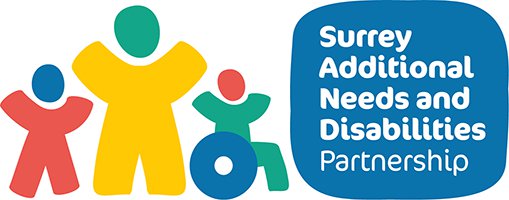Securing the special education provision in an EHCP
If a child or young person has an Education and Health Care (EHC) plan in place and the provision is not being made, or the provider is not making reasonable adjustments, it is best to discuss any problems with the education provider first. This could be their teacher, Special Educational Needs Co-ordinator (SENCO) or head teacher.
You should explain your concerns and request that they deliver the provision as set out in the EHC plan.
The charity Scope has put together some advice helpful for parents and carers when speaking to a SENCO about provision.
If this does not fix the problem, you should contact the SEND Case Officer and let them know. The Case Officer may be able to resolve the issues by speaking with the nursery, school or college. They may also recommend having a meeting, or formal review of the EHC plan.
The Sections of the EHC Plan and your rights
Some of the sections of the EHC Plan are for information, such as Section A which contains views, wishes and aspirations. These cannot be legally enforced and are not appealable.
Other sections are legally enforceable by a parent or young person. For example, Section F, which details all the special educational provision required to meet all needs set out in section B. The local authority (Surrey County Council) are under a legal duty to ensure they are delivered.
Responsibility for the delivery of provision in an EHC plan depends on which section of the EHC plan the provision is set out in:
Section F – Special Educational provision
The local authority (Surrey County Council) has a legal duty to make sure the special educational provision specified in section F of an EHC plan is delivered. In practice, the educational setting (nursery, school or college) will be delivering the provision.
It is the local authority's legal duty to make sure staff have the correct financial resources, training, and equipment.
The local authority must also ensure any therapies detailed in Section F, such as speech and language therapy, occupational therapy or physiotherapy or the services provided by Child Adolescent Mental Health Services (CAMHS) are delivered. For example, if one hour of speech therapy is required every week, this is likely to be delivered by the NHS, but it is the local authority's responsibility to make sure this is done.
The local authority owns this duty. This means it cannot pass the responsibility onto to someone else. The local authority must make sure that the child or young person receives it, even if a different organisation is providing the provision.
Independent Provider of Special Education Advice (IPSEA) has a guide to what should be in Section F of an EHC plan.
Section G – Health care provision
The commissioning health body has a legal duty to provide the health care provision specified in section G of the EHC plan.
If this is not being provided you will need to speak to your health body (provider) and follow their complaints process. You should also let your SEND Case Officer know, because they can also contact the provider.
In most cases this means your local health body, known as Integrated Care Boards (ICBs), which were previously called Clinical Commissioning Groups (CCGs).
Surrey's ICB is NHS Surrey Heartlands Integrated Care Board. You can find out more information on the NHS Surrey Heartlands Integrated Care Board website.
You can find NHS Surrey Heartlands ICB complaints procedure on their website.
Some Surrey residents might be looked after by a different ICB if they are registered at a medical practice outside of Surrey. Usually when someone lives on a Surrey boarder and their GP is in a different area. You can find your local ICB, on the NHS website ICB finder.
Section H – Social care provision
For under 18 year olds, social care provision being provided under the Chronically Sick and Disabled Persons Act 1970 must be set out in Section H1. This must be provided by the local authority under that Act.
For a young person over 18 years old, the care element of the plan may be provided by adult social care services under the Care Act 2014.
If this is not being provided, speak to social care: Support for you and your family on the Surrey County Council website.
